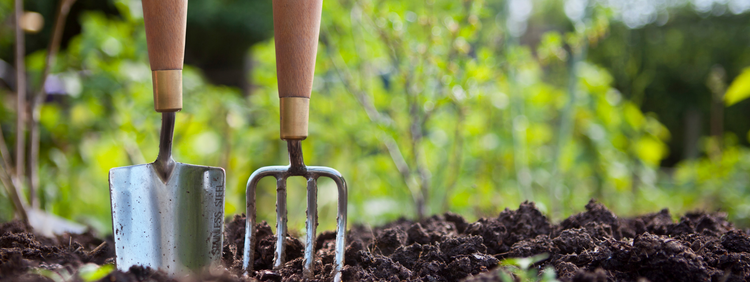
Seeing a spider or its web in your garden is no reason to panic, but is it a reason to call for spider control in Guelph? Ultimately, that decision is up to you. There are possible benefits of having spiders in your garden, but there are potential drawbacks as well. Here is a balanced look at both the good and bad that spiders can do in your garden so that you can make an informed decision on what to do about them.
The Benefits of Spiders in the Garden
Spiders feed on many of the insect pests that can wreak havoc on your garden plants. Leaf miners, aphids, wasps, and spider mites are among the insects that spiders eat. Having spiders in your garden helps keep their populations under control. Insect pests can also carry bacteria that can infect garden plants. By eating these pests, spiders help protect plants and keep them healthier.
Spiders are the organic gardener’s friends. Organic gardening is the practice of growing plants without using any chemicals, such as pesticides. There have been growing concerns for decades about the effects that unthinkingly ingesting trace amounts of these chemicals might have on humans. If you want to keep your family safe by growing food for them in your garden without the use of pesticides, spiders in your garden can help you raise healthy plants without chemicals.
Spiders also help your yard remain a pleasant place to be. Spiders’ primary food source is flying insects, including mosquitoes. Mosquitoes are parasites that feed on the blood of other animals. At best, their bites leave painful, itchy welts on the body; at worst, they can spread dangerous diseases such as the West Nile virus. By eating mosquitoes, spiders help to reduce their numbers, meaning that you and your family can spend more time outside enjoying your yard without worrying about being bitten.
The Potential Drawbacks of Spiders in the Garden
For the most part, the spiders that inhabit your garden are harmless to humans. There are very few exceptions, such as the wolf spider and the black widow spider. While the wolf spider’s bite isn’t dangerous per se, it can be exceptionally painful because of the spider’s size. The bite of a black widow, while rarely fatal, can nevertheless cause severe illness.
Fortunately, black widow spiders are rare in Ontario, and neither the black widow nor the wolf spider typically makes its home in the garden, preferring darker, more enclosed areas. Nevertheless, the possibility exists that you could find one of either species in your garden someday, especially if you have a woodpile in your yard that provides a more appropriate home from the spiders’ point of view. Like most spiders, neither species is particularly aggressive and usually only bites if provoked, but you may decide that it is better to call residential pest control than to take the risk of you or your family being bitten.
Possible Ways To Keep Spiders Out of the Garden
Like most predators, spiders are very reluctant to leave areas where prey is plentiful. It may not be possible to deter them from your garden without home pest control, but here are some things you can try.
Some herbs, especially those in the mint family, are believed to repel spiders by their strong scent. You can plant these herbs in your garden, and even if they don’t keep spiders away, you can use them in your cooking. Other people use essential oils from these plants to repel spiders, while others vacuum the spiders and their webs from plants and then spray them down with a mixture of dish soap and water.
The most reliable method to get spiders out of your home and garden is still professional pest control. Learn about our spider control services in more detail.
